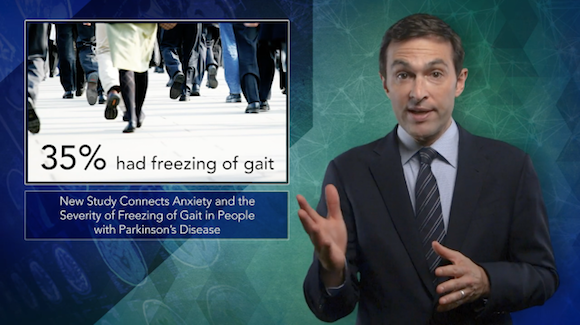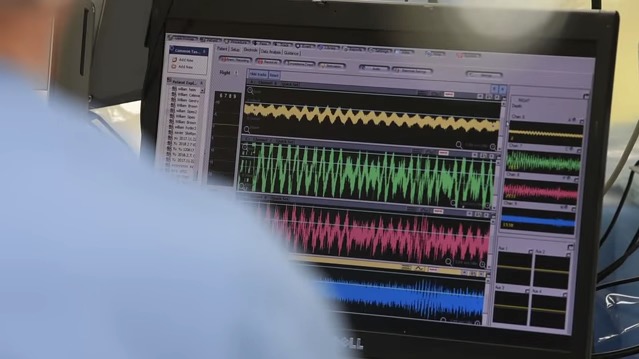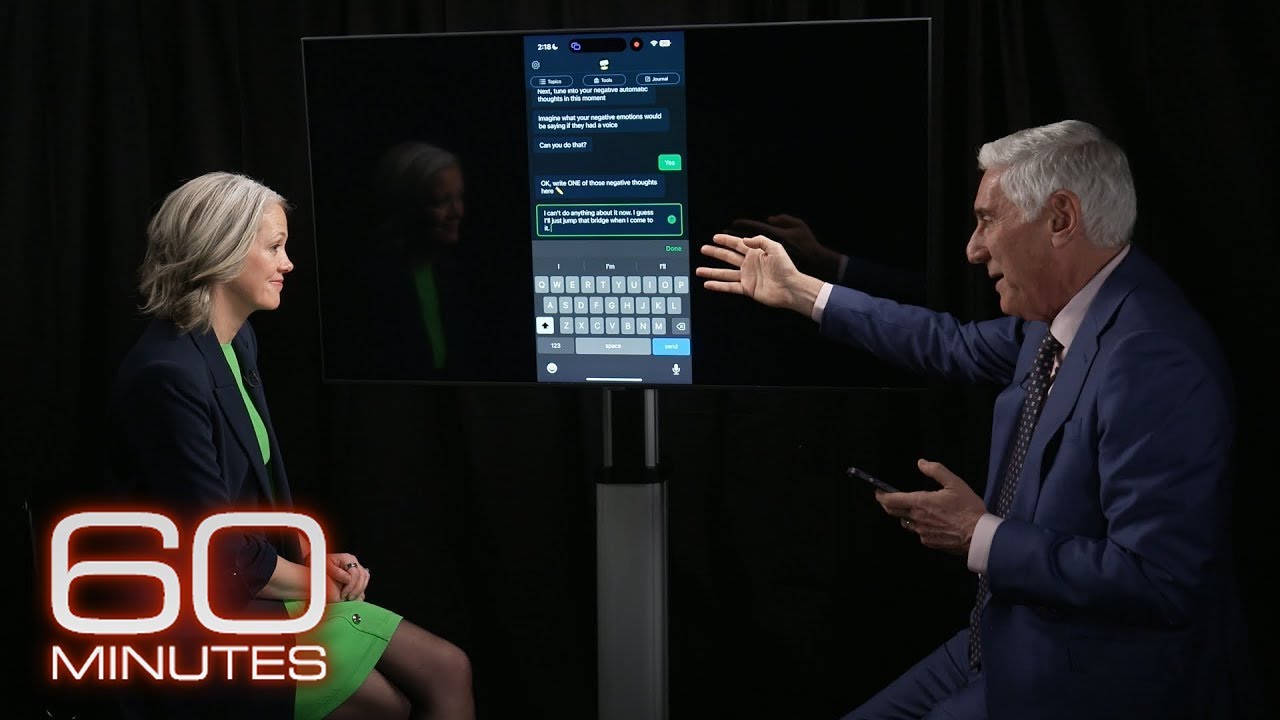Deutetrabenazine, a novel VMAT-2 inhibitor, was evaluated in phase 3 trials for the treatment of tardive dyskinesia. The deuterated form of tetrabenazine was found to be well-tolerated, safe, and successful in reducing patient symptoms. By administering fixed doses, treatment can be individualized according to dyskinesia control and patient tolerance.1
Findings revealed that deuterated tetrabenazine reduced the abnormal involuntary movements experienced by patients with tardive dyskinesia due to dopamine receptor antagonists. A dose of 24 mg or 36 mg daily had a marked effect in Abnormal Involuntary Movement Scale (AIMS) scores compared with placebo, and a significant proportion of patients had 50% or more improvement. Although there were 2 fatalities, neither was linked with the drug under investigation.2,3
If the FDA approves deutetrabenazine for tardive dyskinesia there will be 2 new drugs available to treat this condition. This will help to promote further research as questions on treatment duration still need to be answered.2
References
1. Anderson KE, Stamler D, Davis MD, et al. Deutetrabenazine for treatment of involuntary movements in patients with tardive dyskinesia (AIM-TD): a double-blind, randomised, placebo-controlled, phase 3 trial. Lancet Psychiatry. 2017;pii: S2215-0366(17)30236-5.[Epub ahead of print] http://www.sciencedirect.com/science/article/pii/S2215036617302365
2. Fiore K. Second Tardive Dyskinesia Drug Works. MedPageToday website. Published June 30, 2017. https://www.medpagetoday.com/psychiatry/generalpsychiatry/66372. Accessed July 15, 2017.
3. Correll CU, Carbon M. A new class of VMAT-2 inhibitors for tardive dyskinesia. Lancet Psychiatry. 2017;pii: S2215-0366(17)30279-1.[Epub ahead of print] No abstract available. http://www.thelancet.com/pdfs/journals/lanpsy/PIIS2215-0366(17)30279-1.pdf









